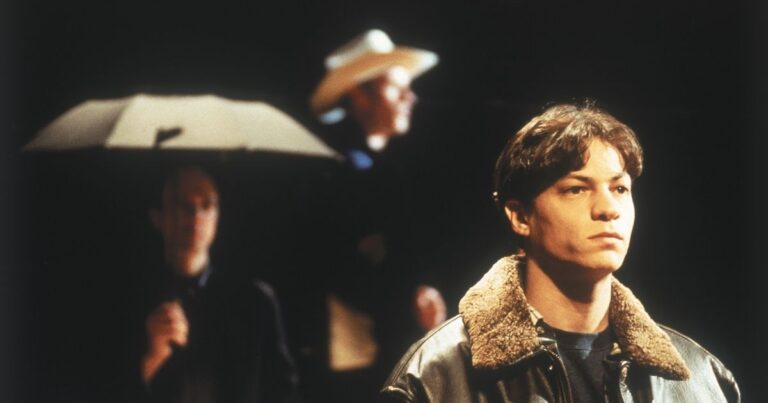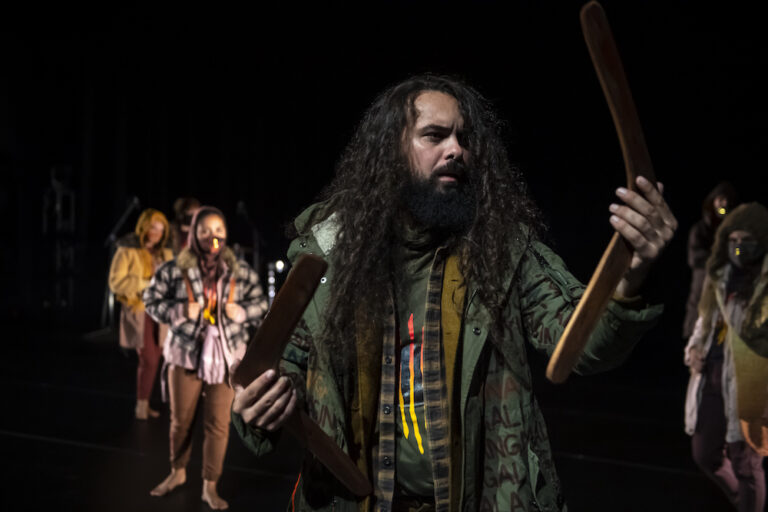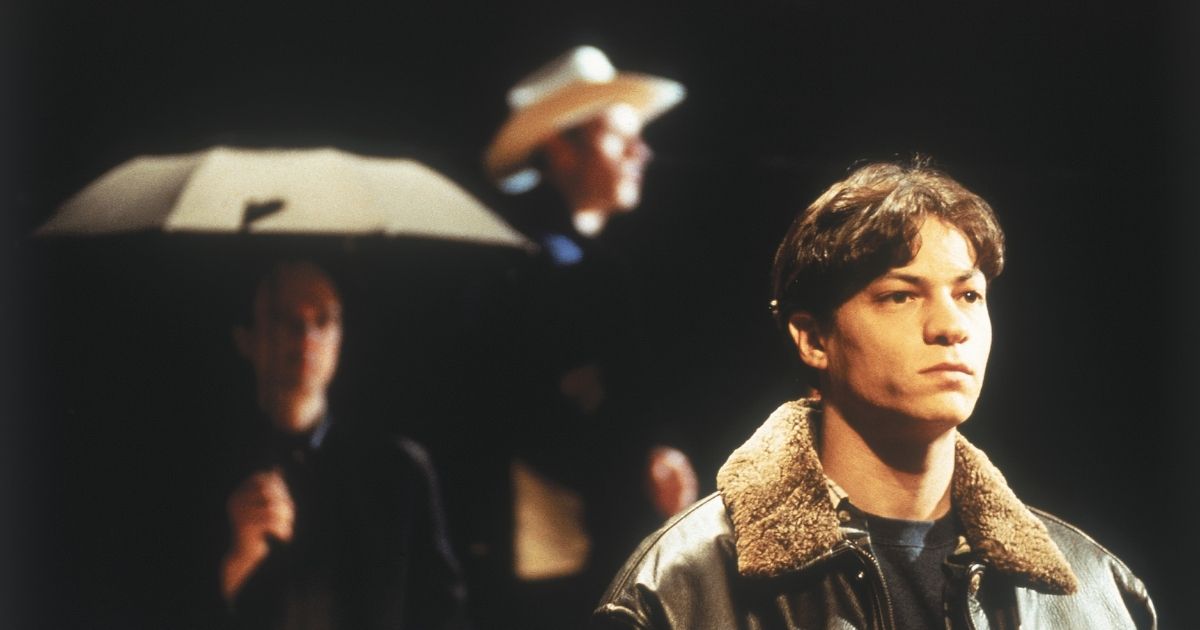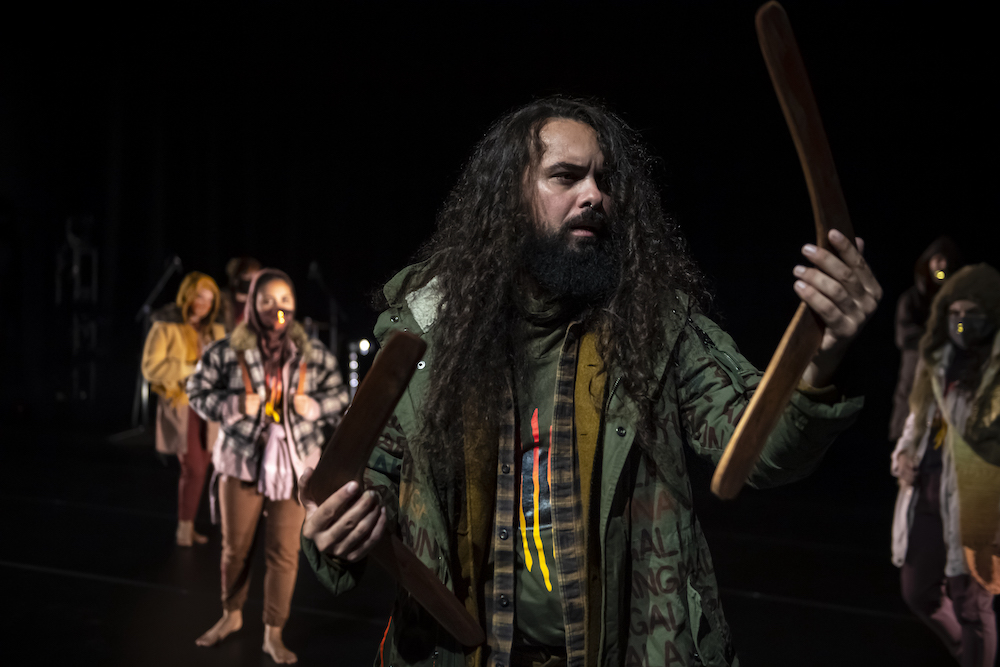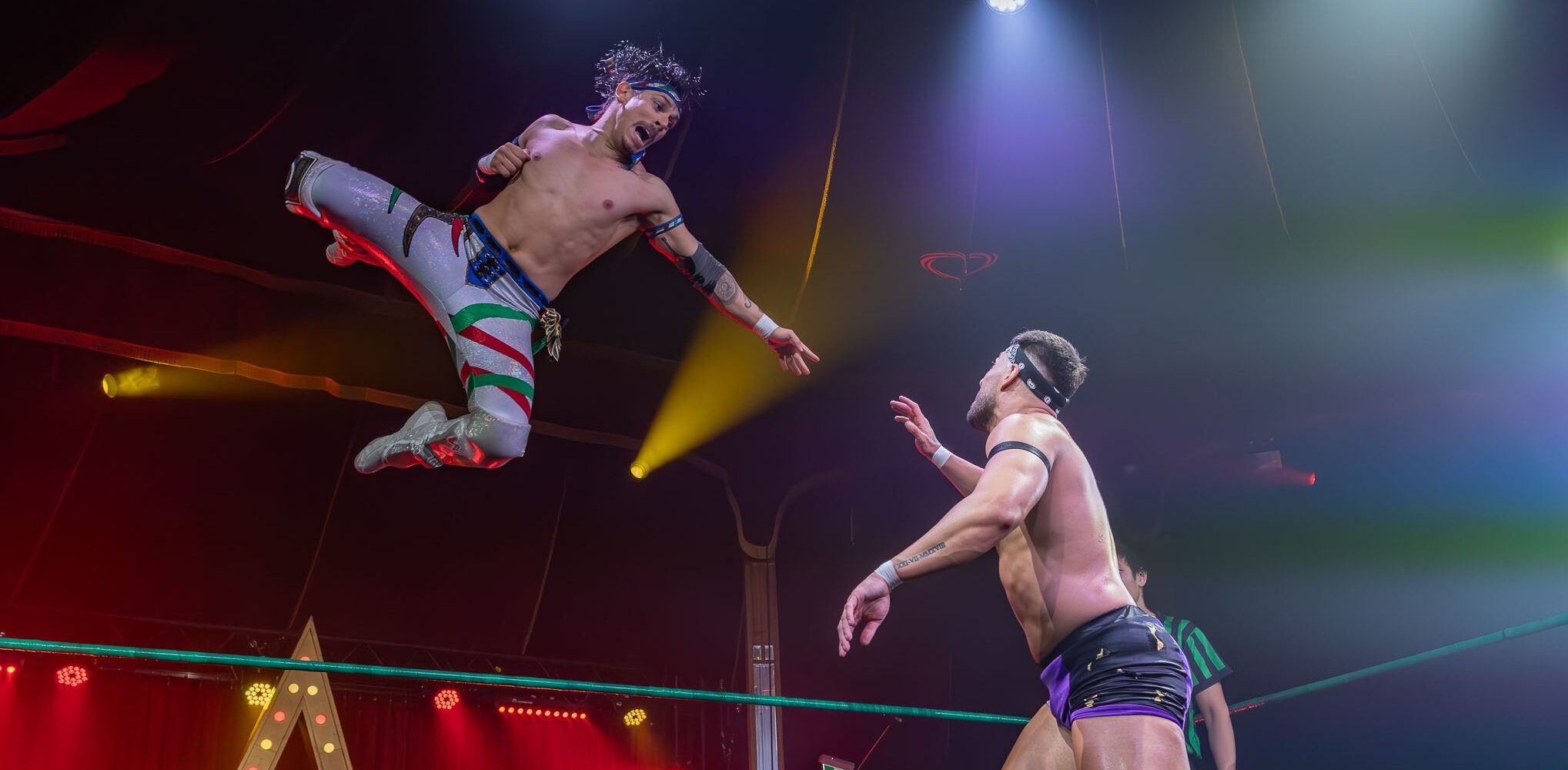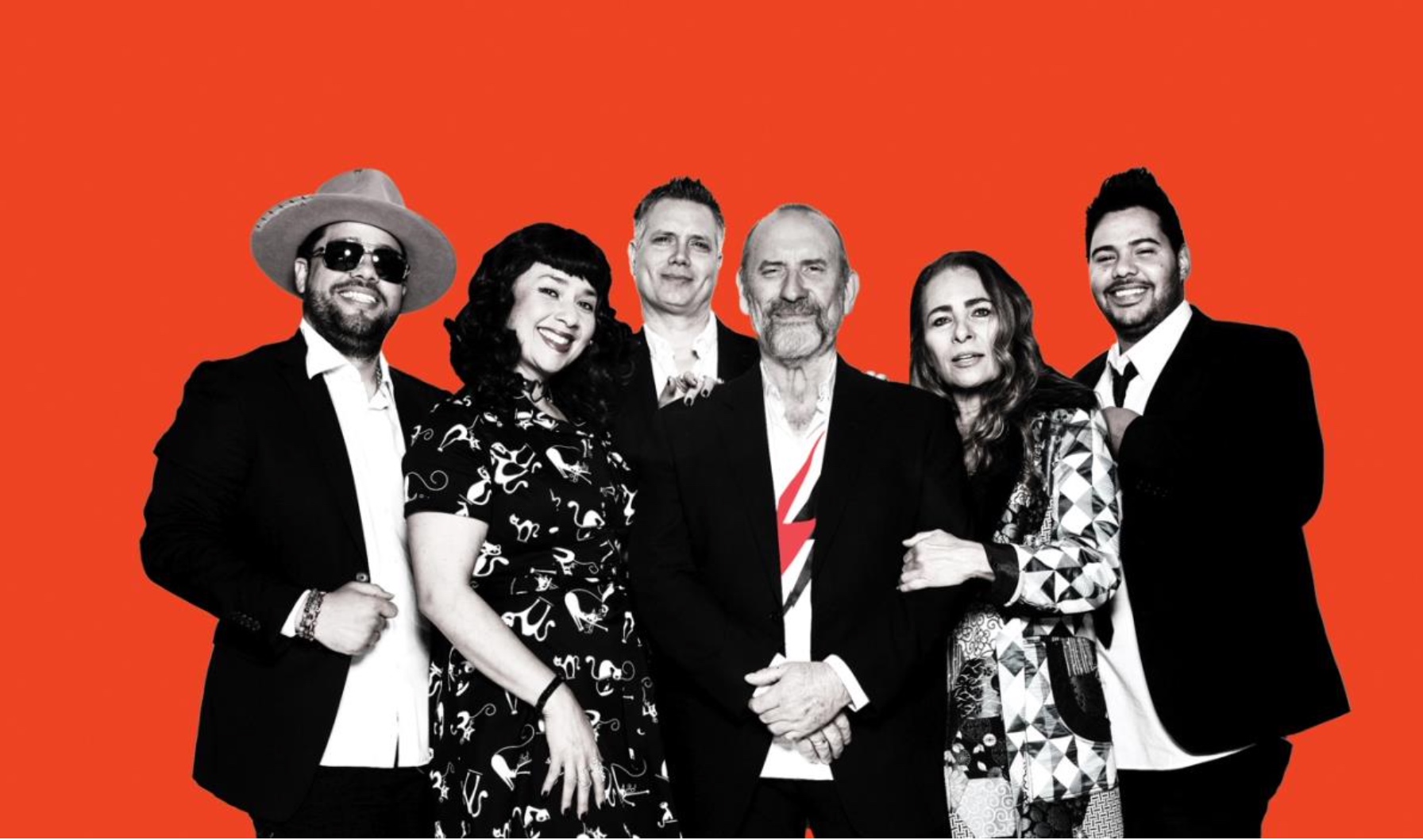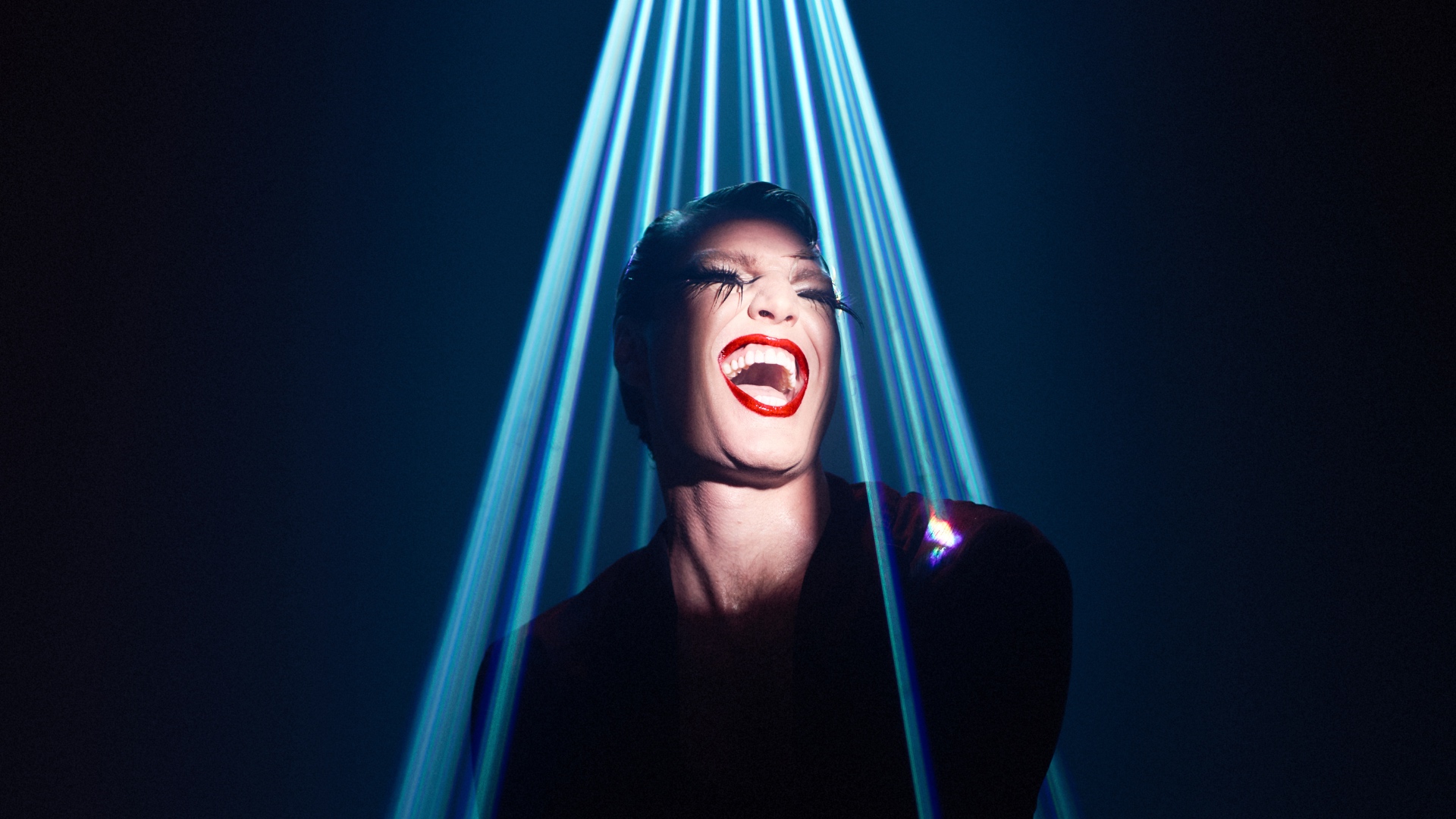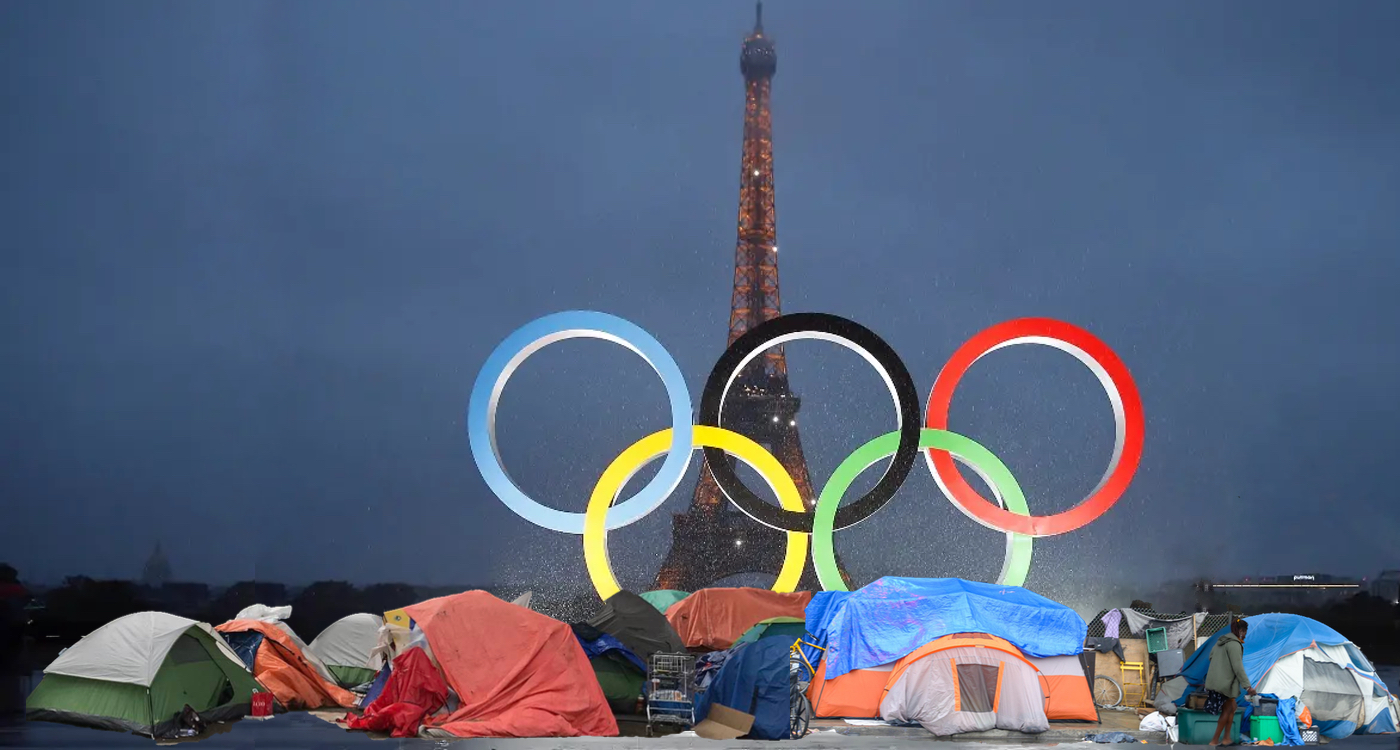
THE NAKED CITY – THE DAY THE MUSIC DIED!
On the morning of March 13, with many of the artists having already arrived in town, the plug was pulled on the annual three day Blue Mountains Music Festival. A student at Katoomba high school had supposedly tested positive to the coronavirus, the high school had been closed, and this became the final trigger for cancelling this popular event. For the tourist economy of the Mountains, already reeling from the bushfires and the massive decline in overseas tourists, this was yet another devastating blow.
The scenario of course has now been repeated all over Australia with the cancellation of numerous large scale festivals such as the Melbourne Comedy Festival and Vivid in Sydney, not to mention the curtailing of crowds at most major sporting events. The full ramifications of what the coronavirus means for the Australian music industry are just starting to be realised. Whilst it’s only speculation at this stage, in the current malaise of both uncertainty and paranoia, the next 12 months could be a rocky road indeed for all connected with both the music and broader entertainment industries.
Restricting mass gatherings to less than 500 will surely spell a temporary end to most music festivals, all large concerts and the regular influx of big name touring artists from overseas. The consequences here are endless – from a lack of employment for those who work in the immediate area and the numerous supporting services, to the venues themselves. Take for example the recently completed Coliseum Theatre at Rooty Hill, built at considerable cost with the expectation of housing numerous local and international artists. It could well remain dark for the time being, along with a host of similar venues and theatres throughout Sydney.
At a grassroots level it will be interesting to see what happens with most pub and club gigs, where attendances are often around the 200 to 300 mark. If infection numbers do accelerate to some of the doomsday predictions, it’s possible patrons will stay at home and venues will be reluctant to expose their staff to the virus. At the moment most punters don’t seem to be overly concerned, with gig attendances pretty much as normal. A certain bravado appears to prevail with younger pub and club goers. “The virus is not going to stop us going out and even if we catch it, the chances of dying are very slim.”
Whilst punters might still be willing to play the virus lottery, it remains to be seen how the actual pub and club owners will react. They have a legal responsibility to protect the health of their staff – one that’s been tested with issues such as passive smoking but remains entirely unexplored with something like COVID-19. Legally it could be difficult to prove that bar staff contracted the virus whilst exposed to a packed pub room, but many lawyers might think otherwise. Financially the most affected in the coming months could well be the many casual workers who often live week to week in the music industry’s gig economy. Included would be not only hundreds of scuffling musicians but roadies, sound and lighting techs, security personnel and bar staff.
Finally, situations such as the one in which we now find ourselves, often generate their own unique solutions. The music industry has had its share of ups and downs over the years and both resilience and ingenuity could come to the fore here. Whether this would mean audience free gigs telecast on Facebook and other portals or festivals where everybody turns up in a full hazmat suit, necessity could well prove the mother of invention.
